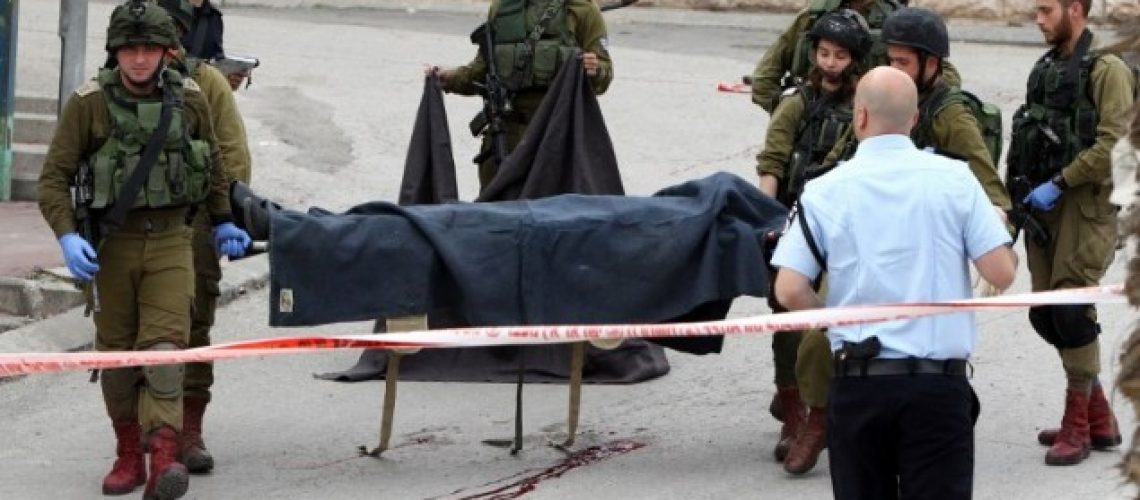Hillel Schenker, a long-time Israeli journalist and peace activist (currently co-editor of the Palestine-Israel Journal), and a personal friend, has written a new blog post (“The Shadow Over Hebron: Kahane was Right vs. Leibowitz was Right“) for The Times of Israel. He reports on the concerted right-wing attack on IDF Chief of Staff Gadi Eizenkott, representing traditional IDF values against right-wing populism; Eizenkott is backed by Defense Minister Moshe Ya’alon — who, despite being a Likudnik, was a member of the Noar Haoved-Habonim progressive youth group and a kibbutznik.
Hillel also recalls his service as a combat engineer on the Golan Heights front during the Yom Kippur War of 1973, seeing “an Israeli medic caring for a wounded Syrian soldier. While the medic soldier in Hebron, instead of caring for him, shot and killed the wounded Palestinian assailant.”
This is by way of introduction to Hillel’s reference to the analysis of sociologist Prof. Yagil Levy, on “Two Armies in the IDF,” published in Ha’aretz (in English as “The End to Israel’s Army as we know it?”):
On the one hand, there is the traditional army represented by the secular Chief of Staff and the Defense Minister, along with the army high command, defend traditional military values and procedures. On the other hand, there are the policing units based in the Occupied Territories, in places like Hebron, many of whose members live in the [settlements], and form a sort of militia that mingles with and defends the settlers. What we have been witnessing this past week is a struggle between the two armies, a struggle that only serves to emphasize the urgency of resolving the conflict before the senior command becomes dominated by settlers and the right-wing religious.
Hillel continues in this vein with the words of the late scholar and activist Yeshayahu Leibowitz, warning in 1968:
A state ruling a hostile population of 1.5 to 2 million foreigners would necessarily become a secret-police state, with all that this implies for education, free speech and democratic institutions. The corruption characteristic of every colonial regime would also prevail in the State of Israel…There is also good reason to fear that the Israel Defense Forces, which has been until now a people’s army, would, as a result of being transformed into an army of occupation, degenerate, and its commanders, who will have become military governors, resemble their colleagues in other nations.
One can read Hillel Schenker’s post in full here.
P.S. On March 10, Hillel posted this on the escalating violence: “Fear and Loathing in Tel Aviv and Jerusalem.” He made this observation relating to the issues explored in the more recent post:
While some Israeli politicians have said that every Palestinian assailant should know that he/she will not remain alive after any attempted attack, IDF Chief of Staff Gadi Eizenkott wisely told the Institute for National Security Studies (INSS) that ” I don’t want a soldier to empty a [firearm] magazine on a girl with scissors.”
If Palestinians would be more forceful in condemning the use of violence as a counterpoint to despair, and if Israeli security forces would use less lethal force in neutralizing threats, it would make a significant contribution to calming the situation.

